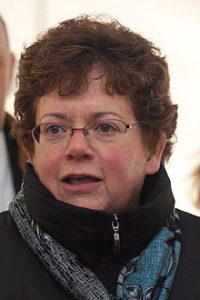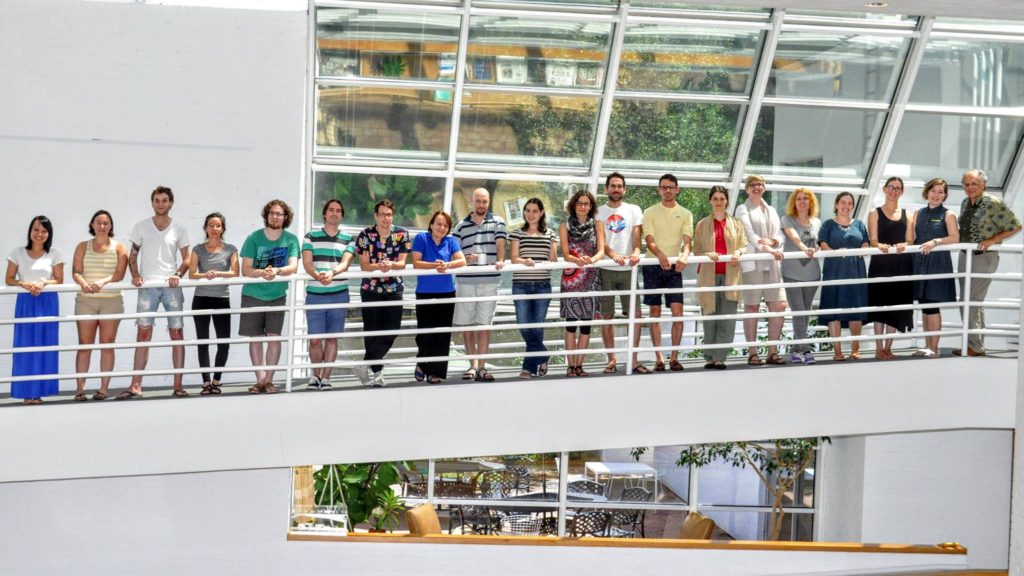The standard job ad for the standard department at a standard American university includes a standard phrase about Affirmative Action. Amherst College (which is in Amherst, but is a distinct institution from UMass Amherst) is doing more. Their recent job ads for all fields tell prospective applicants that the student population at Amherst College has completely changed during the last ten years, and that any future faculty member will be expected to mentor and teach a broadly diverse student body. Is this a change that only rich private institutions can afford?

Carolyn (“Biddy”) Martin, President of Amherst College
Here is an excerpt from a current ad for two tenure-track positions in Chemistry.
“Amherst College is one of the most diverse liberal arts colleges in the country. Forty-four percent of our students identify as domestic students of color, and another 10 percent are international, with non-U.S. citizenship; 17 percent are the first members of their families to attend college. Fifty-one percent of our students are women. Amherst is committed to providing financial aid that meets 100 percent of every student’s demonstrated need, and 58 percent of our students receive financial aid. Our expectation is that the successful candidate will excel at teaching and mentoring students who are broadly diverse with regard to race, ethnicity, socioeconomic status, gender, nationality, sexual orientation, and religion.”
And here is an excerpt from their ad for two tenure-track positions in Computer Science:
“Within the last decade, Amherst College has profoundly transformed its student body in terms of socioeconomic status, ethnicity, race, and nationality. Today, nearly one-quarter of Amherst’s students are Pell Grant recipients; 43 percent of our students are domestic students of color; and 10 percent of our students are international students. We seek candidates who will excel at teaching and mentoring students who are broadly diverse with regard to race, ethnicity, socioeconomic status, gender, nationality, sexual orientation, and religion.”

